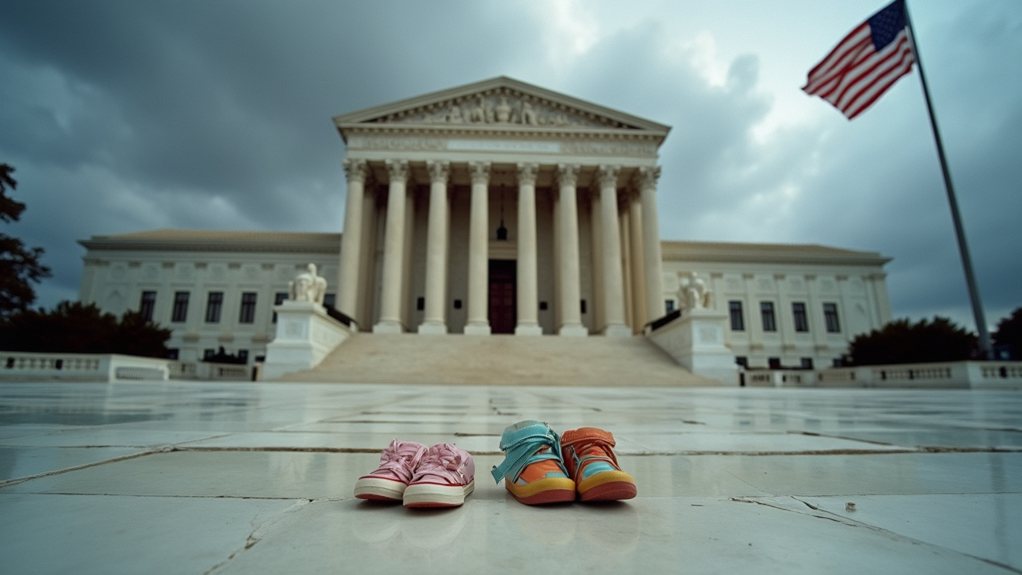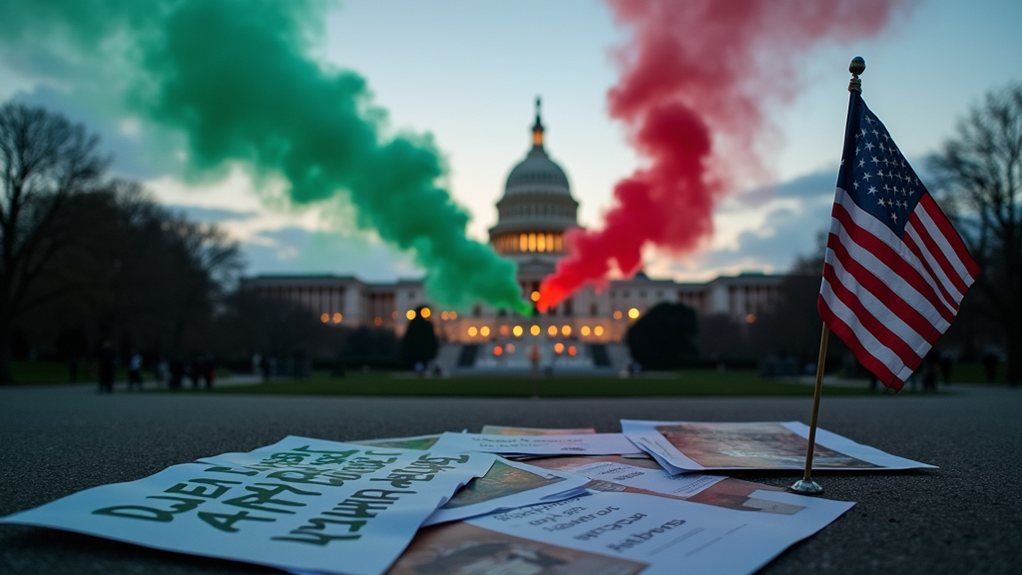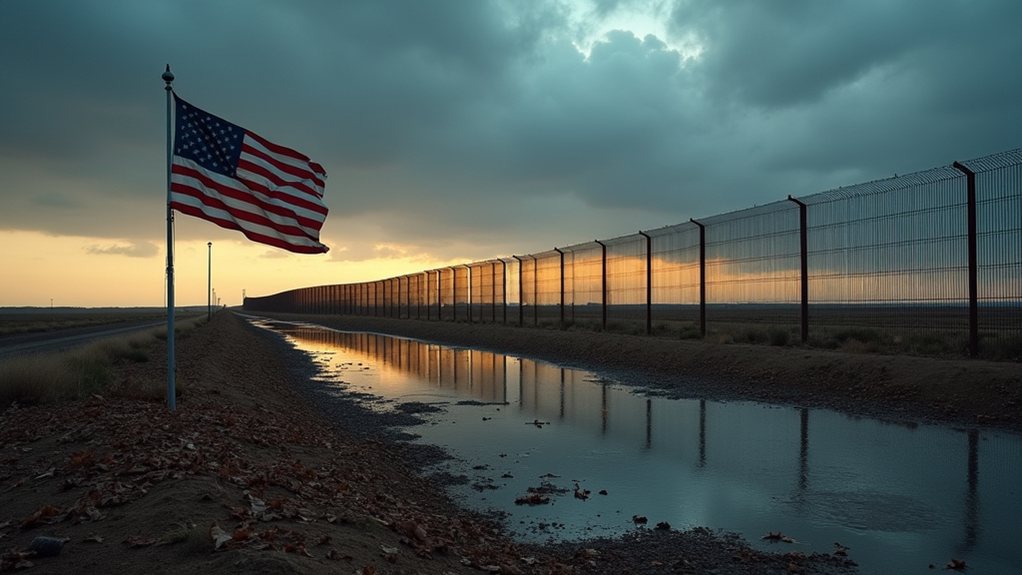Former President Donald Trump is urging the Supreme Court to take action on his controversial executive order about birthright citizenship. He signed the order on January 20, 2025, the first day of his return to office. The executive order directs federal agencies to deny citizenship to certain U.S.-born children. Specifically, it targets children born in the U.S. who do not have at least one parent who is a U.S. citizen or a lawful permanent resident. The order was set to take effect on February 19, 2025, but it has faced significant legal challenges.
Former President Trump is pushing the Supreme Court to uphold his executive order denying citizenship to certain U.S.-born children.
Multiple federal judges have blocked the order nationwide. Twenty-two Democratic state attorneys general filed lawsuits against it. Immigrant rights advocates and expectant mothers also joined in, leading to federal judges in Maryland, Massachusetts, and Washington halting the order. Additionally, a federal judge in New Hampshire issued a preliminary injunction against it. The American Civil Liberties Union (ACLU) is representing immigrant rights groups in these legal battles. The 14th Amendment's citizenship clause has been a cornerstone in the argument against the executive order, guaranteeing citizenship to all persons born or naturalized in the United States.
At the center of the debate is the 14th Amendment's citizenship clause. This amendment states that all "persons born or naturalized in the United States" are citizens. The Trump administration argues that the 14th Amendment does not extend to all births in the U.S. Opponents of the order claim it violates the constitutional right to birthright citizenship. The 1898 Supreme Court case United States v. Wong Kim Ark is referenced by both sides. The case established birthright citizenship as a fundamental right for individuals born on U.S. soil.
The Trump administration has filed emergency applications with the Supreme Court. They are asking the justices to limit the scope of lower court injunctions, arguing that individual judges lack the power for nationwide injunctions. The administration claims there is an "epidemic" of such injunctions against it. Notably, appeals courts in Massachusetts and other states have already rejected the administration's pleas to allow the order to take effect.
If upheld, the order would affect an estimated 5.5 million children under 18 with at least one undocumented parent. This represents about 7% of the U.S. child population.









